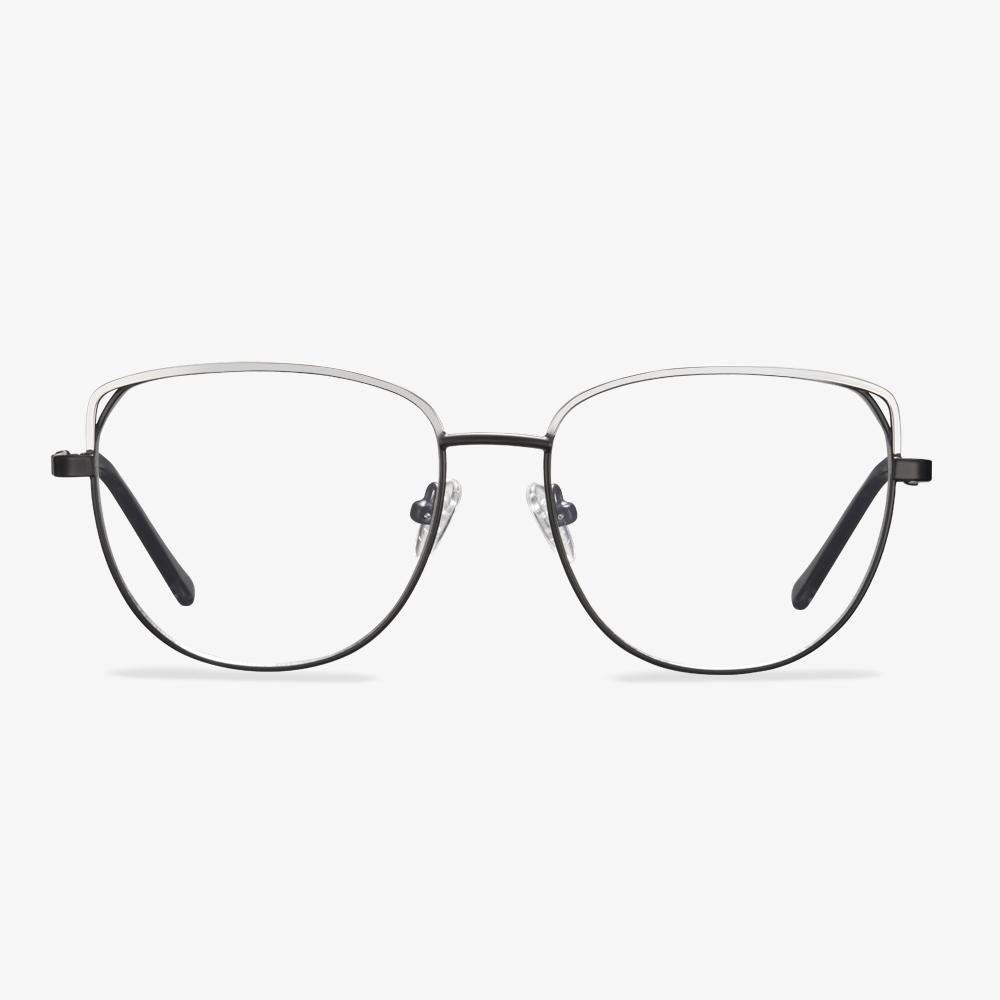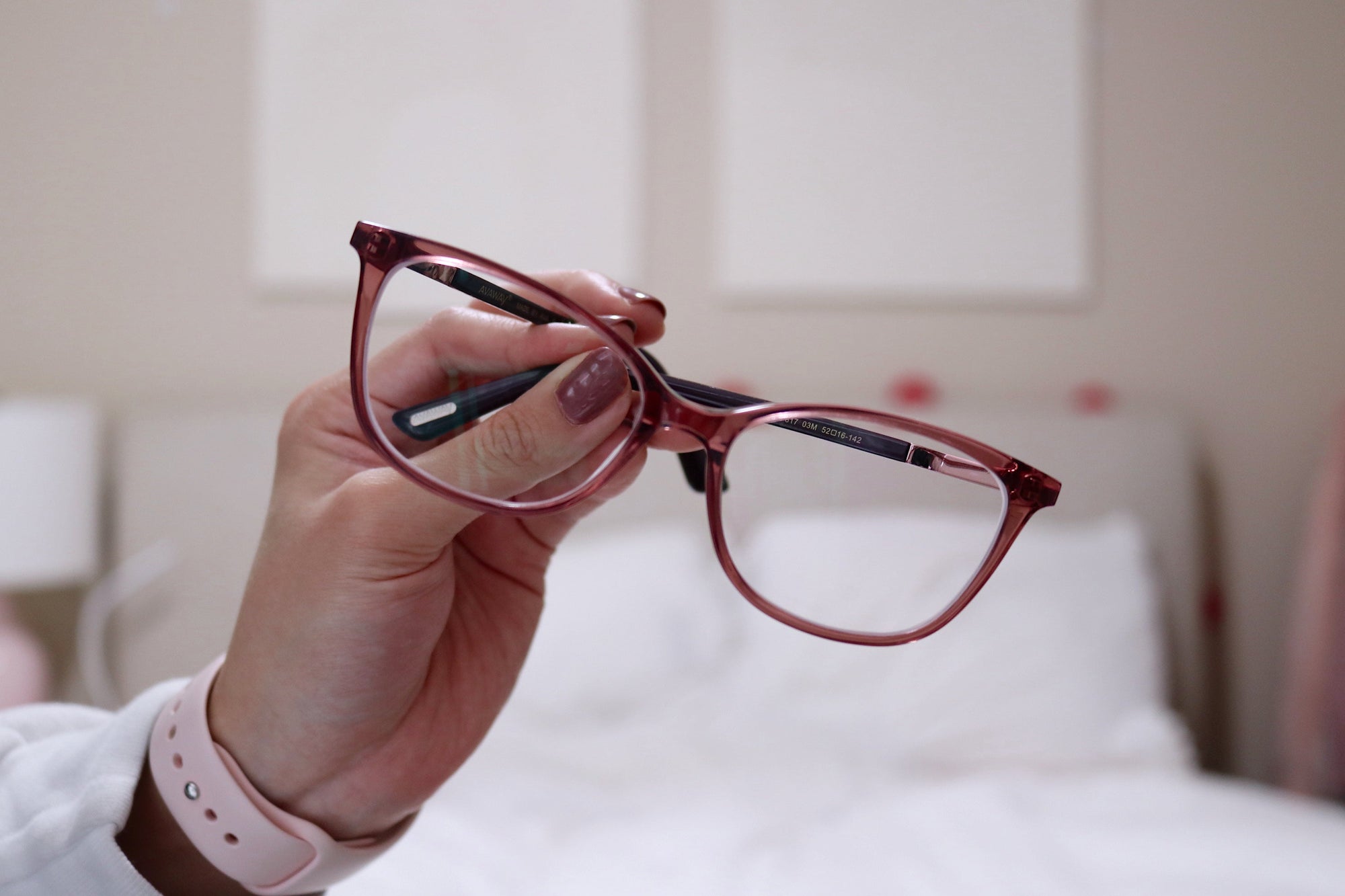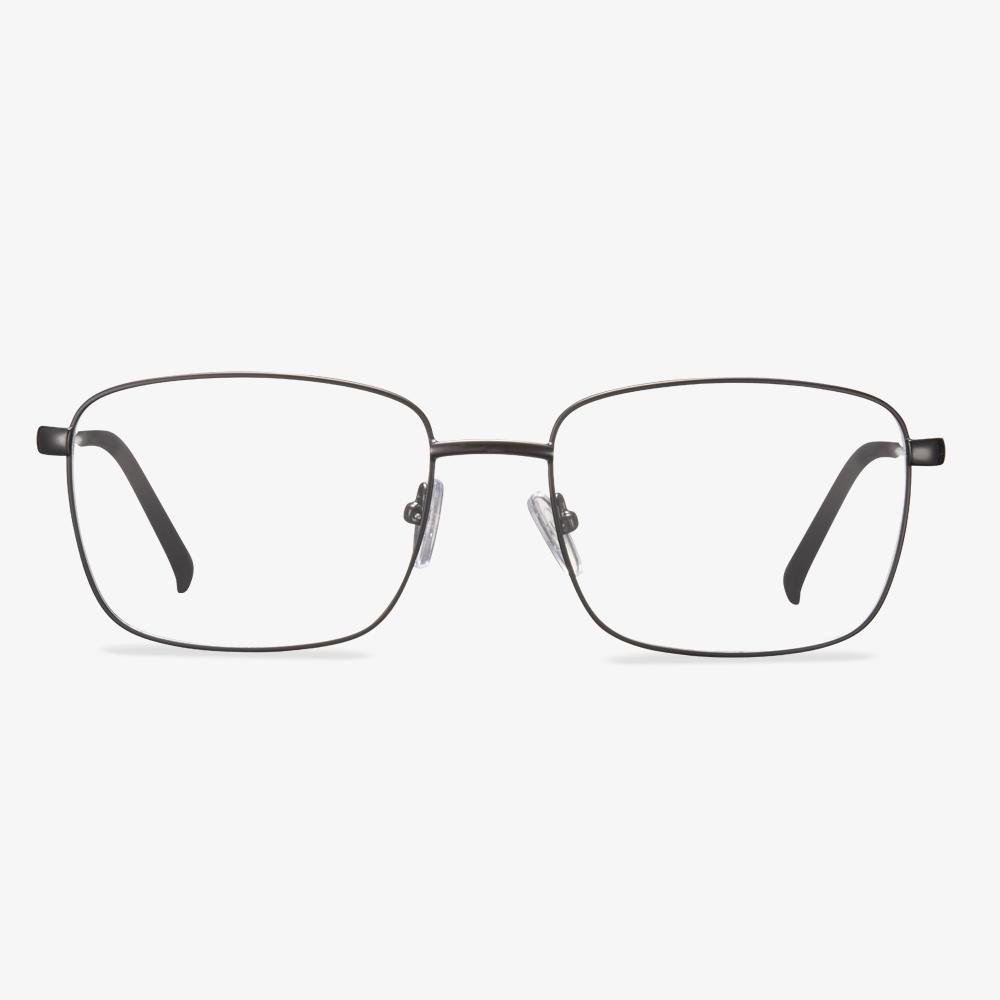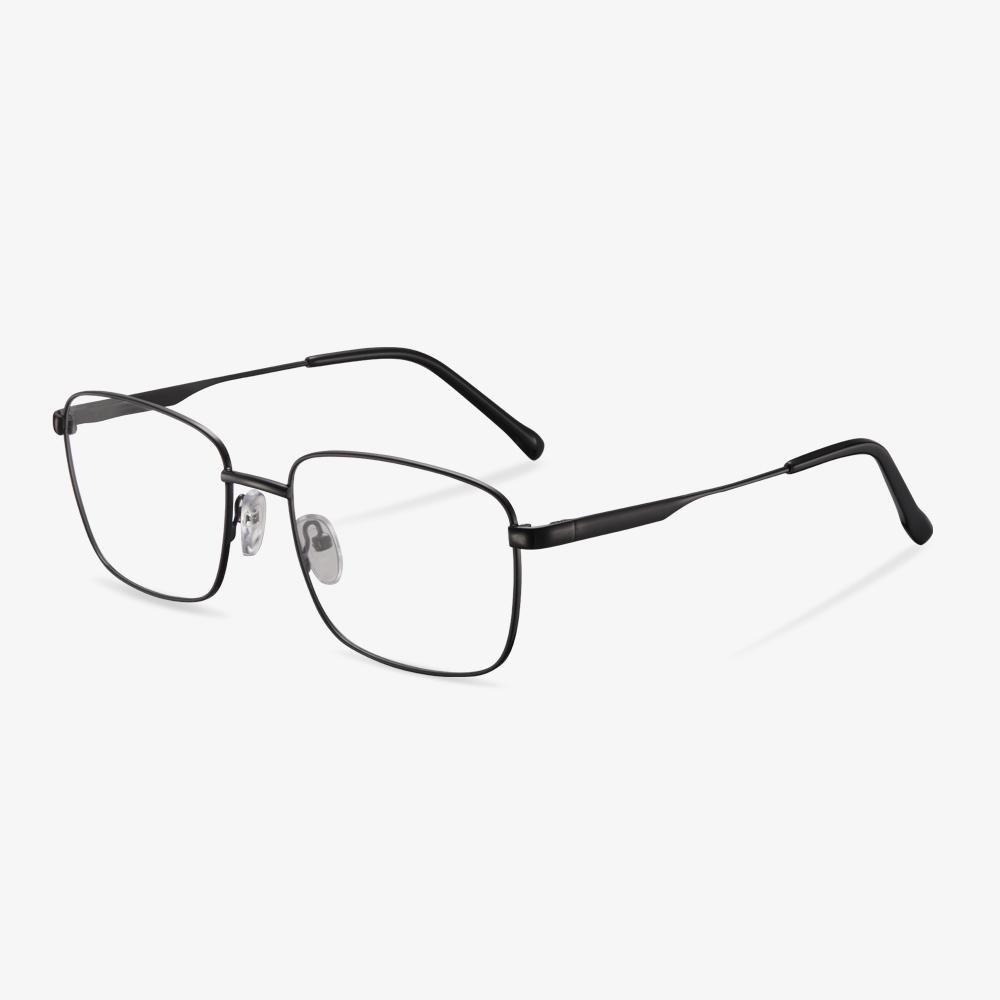How to protect your contact lenses?
When wearing contact lenses, do not drop any eye drops, and only use a special moistening solution for contact lenses. In daily life, we recommend that dry eyes can be relieved with lubricating fluid, but we do not advocate frequent use of lubricating fluid, so as not to make the eyes become dependent on lubricating fluid. The right way is to do blink training. The ingredients contained in the eye drops will remain in the lenses, which will cause certain damage to the eyes and pollute the lenses. Some eye drops can make the lenses tinted after use, which will affect the transmittance and a refractive number of the lenses and make the vision blurred. Ladies who need to make up should wear contact lenses before making up. When removing makeup, remove contact lenses before removing makeup, to avoid the makeup sticking to the lens and damaging the lens and eyes. Lenses should not be lent to others to avoid cross-infection of eye diseases. You can't wear contact lenses while swimming or bathing.
Other problems with titanium frames
For the same volume of frames, alloy frames are twice as likely to break as pure titanium frames, and for the same weight, alloy frames break more easily than pure titanium frames.Therefore, some sellers have to add a lot of copper in alloy material and impure titanium material to increase the toughness of the frame, so that the alloy frame is easy to rust, and long-term wear will be eroded because of the salt in sweat.
Progressive lenses and single vision lenses
Single vision lenses are the most commonly used prescription lenses. This lens type has a single field of view or a prescription ability of the entire lens and can be used to correct myopia (nearsightedness) or hyperopia (supervision).
Progressive multifocal lenses are lenses with different upper and lower powers for the upper part to see far, and the lower part to see near. The distance from the fixed power above the lens to the fixed power below the lens does not change suddenly, but there is a gradual transition between the two through the gradual change in refractive power.
What does the glasses emoji mean?
The glasses emoji is a special type of symbol that can be used on smartphones, tablets, and computers. The glasses emoji is an illustration of glasses, used by people with poor vision or those who believe that wearing glasses makes them look smarter, purely as a style element. Different devices may have different versions of the glasses emoji. The glasses emoji, which varies slightly across platforms, depicts a pair of glasses with a gray or black border. Most are square or slightly round. The glasses emoji is used to talk about the fashion of wearing eyeglasses.
Don’t Do When Cleaning Glasses
Here are something you can’t do when cleaning the glasses.
1. Don’t use your shirttail, blouse, or other clothing to clean your glasses, especially when the lenses are dry because they will scratch your lenses.
2. Don’t use the saliva to wet your lenses.
3. Don’t use some surface cleaners to clean your eyeglasses because they may damage glasses lenses and coatings.
4. Don’t use some paper to clean your lenses, such as paper towels, napkins, or some tissues. They may scratch or smear your lenses or make them full of lint.
5. Don’t try to remove a scratch on your lenses by buffing away. This action can make the situation worse.
When does the optical store have a special offer?
A good beginning is half the success. The new store opening needs to quickly expand awareness, and it is a marketing. old for new activities, means that as long as the unused glasses can be worth 30 yuan. Or the chain of glasses, to celebrate the New Year gift promotion plan, really play the role of promotion and atmosphere, promote sales.
Difference between green film and blue film
In addition to the usual hardening, anti-fouling, anti-reflection, anti-radiation, and other functions, the green film has remarkable anti-ultraviolet performance, suitable for people who work outdoors for a long time to use. In addition to the general hardening, anti-fouling, anti-reflection, and anti-ultraviolet functions, blue film’s anti-radiation ability is very good, and it is suitable for computer workers and other people affected by radiation greater.
The coated lenses were originally produced in green, mainly to distinguish them from the uncoated lenses. At 515 nm, the reflection increases the reflectivity by about 2%, so there is a contrast, and the green film is seen in the reflection. This film is the most standard anti-reflective film, and it is the best and oldest one available.











































